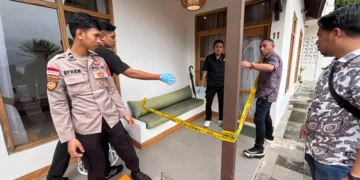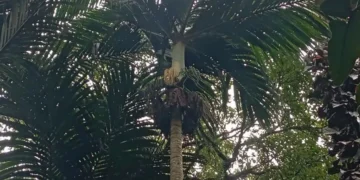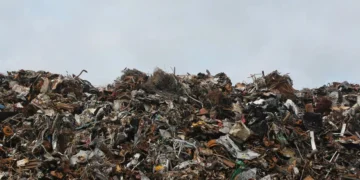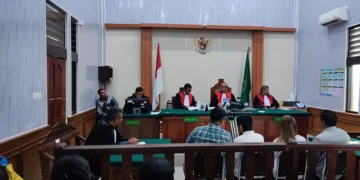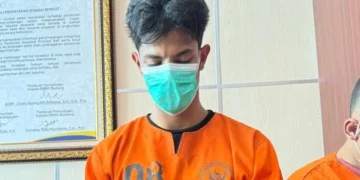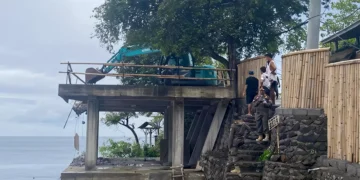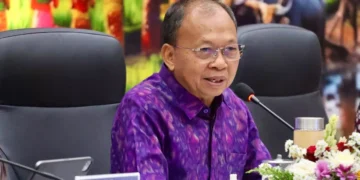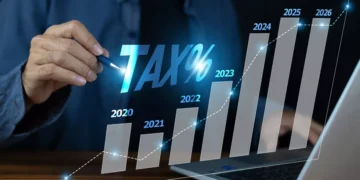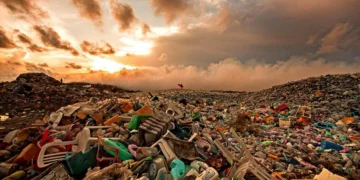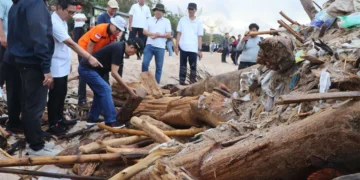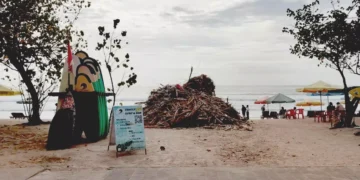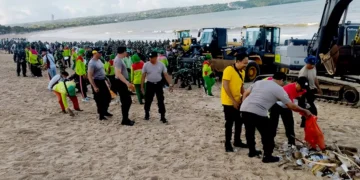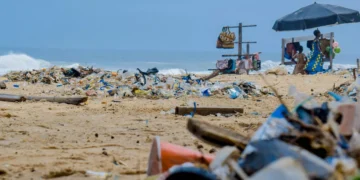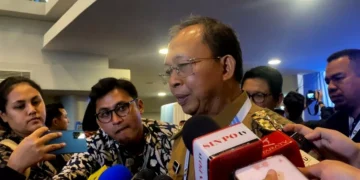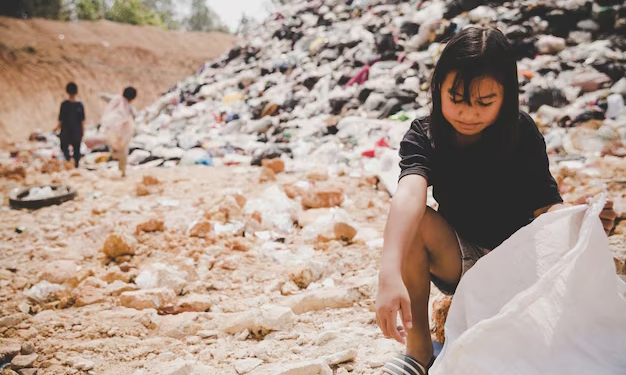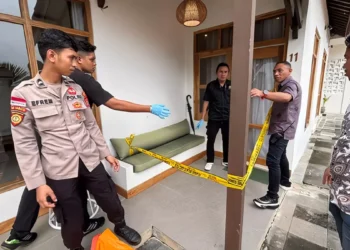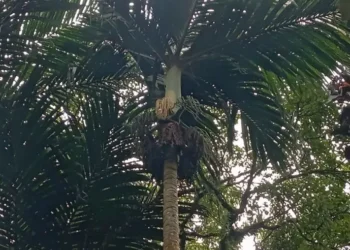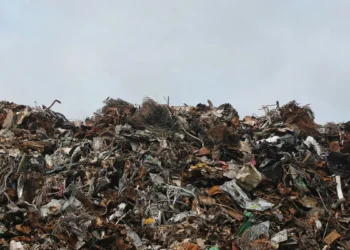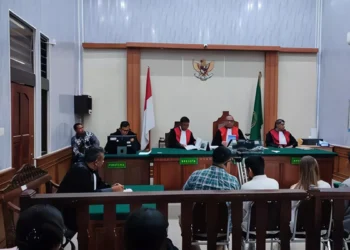Hey Bali, Bali waste crisis – In a bold move to tackle the island’s growing waste problem, Bali Governor Wayan Koster has announced a strict new policy: residents must now handle their own household waste, including organic and inorganic trash. The decision comes after the official closure of Suwung Landfill (TPA Suwung) on August 1, 2025, leaving Bali with no central dumping ground.
“Handle It Yourself” – Koster’s Direct Order
Speaking after inaugurating an Immigration Patrol Task Force at Benoa Port on August 5, 2025, Koster made it clear:
- “Yes, (residents) must process (their waste) themselves. Solve it on your own.”
- Household waste must now be separated (organic vs. inorganic) and processed into residue before being taken to TPS3R (Reduce, Reuse, Recycle facilities) or TPST (integrated waste collection sites).
- No more dumping raw trash at temporary or final disposal sites.

What Happens If People Still Dump Trash Illegally? – Bali waste crisis
Koster warned that if residents ignore the rules and leave waste on streets or public areas, it becomes the responsibility of local mayors and regents to clean it up.
“That must be handled by the mayors and regents. It’s their responsibility.”
No More Landfills – Bali’s Waste Must Be Managed Differently
The governor emphasized that Suwung Landfill’s overflowing waste can no longer be tolerated, and building a new landfill is not an option.
- “There’s no other way. Otherwise, the trash at Suwung will keep piling up.”
- Local governments must expand TPS3R and TPST facilities to prevent long queues and illegal dumping.
“You Make the Trash, You Solve It” – A New Mindset for Bali
Koster’s message was firm: Bali must adopt a self-sufficient waste management system.
“You create the waste, you handle it. Don’t make trash and expect others to clean it up.”
Why This Matters for Bali (and Tourists)
With no functioning landfill, Bali’s waste crisis is reaching a critical point. If residents and businesses don’t comply:
✔ More illegal dumping in rivers, streets, and beaches.
✔ Increased pollution in Bali’s oceans and ecosystems.
✔ Potential health hazards from unprocessed organic waste.
What Can You Do?
- Separate your trash (organic vs. plastic/glass).
- Compost food waste at home.
- Support local recycling programs.
Final Thoughts Bali waste crisis : A Tough but Necessary Move
Koster’s policy is controversial but unavoidable. If Bali wants to avoid drowning in its own waste, everyone—locals, businesses, and tourists—must take responsibility.
Will Bali rise to the challenge? Stay tuned for updates Bali waste crisis.
#BaliWasteCrisis #SustainableBali #ZeroWasteBali #KosterPolicy

